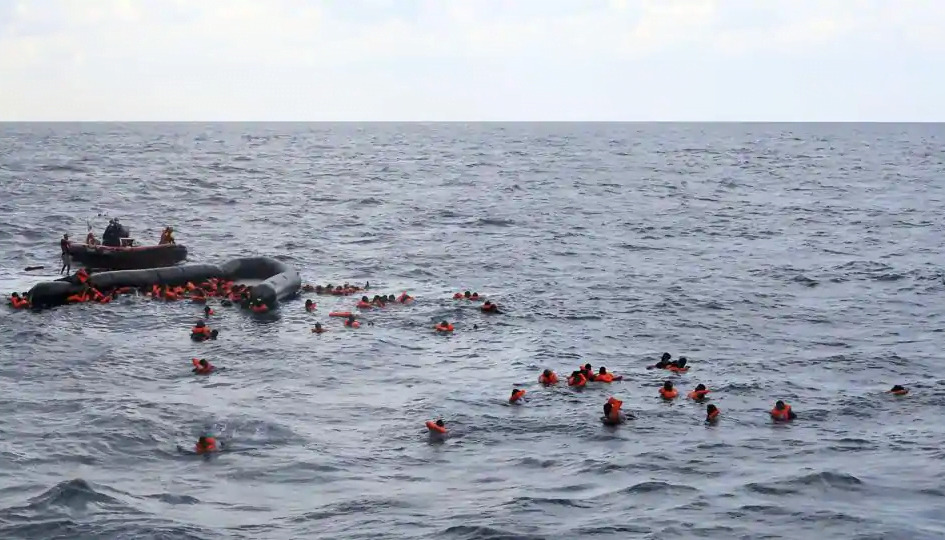
At least five people die in latest shipwreck off Libya.
Tripoli, November 12 (RHC)-- At least five people have died in the latest shipwreck in the central Mediterranean, a rescue charity has said, warning that the number of deaths could grow as rescue operations continue.
Some 100 people had been travelling for about two days on a dinghy that collapsed in international waters off Libya where it was assisted by Open Arms, the Spanish NGO said on Wednesday. It said it was carrying out the rescue operation on its own, with just two speedboats and six rescuers.
“That’s what happens when you leave people at sea for days,” Open Arms wrote on Twitter.
Rescuers with @openarms_fund "are in the water trying to rescue some 100 people, there are children and babies. The floor of their dinghy collapsed, that's what happens when people are abandoned at sea. #corredoreshumanitarios now!"
Let's hope they are able to save every soul. https://t.co/QU9Ehw4O0A
— Judith Sunderland (@sunderland_jude) November 11, 2020
The group said the bodies of all five people had been recovered, while medical teams on the ship were tending to the “most serious cases.”
Open Arms accused governments and authorities of frequently “abandoning” refugees and migrants undertaking the dangerous sea journey to reach Europe’s shores, leaving them at sea for days.
On Tuesday, the charity rescued 88 more people who are still on board its ship with some 20 crew members. It has said it will now ask the Italian government to allow the survivors to disembark on the nearby island of Lampedusa. “We need the governments to set up a new joint sea rescue operation and humanitarian corridors to grant safe routes of movement and escape,” said Riccardo Gatti, president of Open Arms Italy.
Italy is the primary route for people departing mostly from Tunisia and Libya to reach Europe. According to the interior ministry data, the country has registered nearly 31,000 arrivals in 2020 so far, compared with almost 10,000 over the same period last year.
In October, Italy softened harsh rules penalising aid groups that bring undocumented people ashore and extended protection for refugees who risk persecution at home.

